The world of K-pop is no stranger to controversies, but 2024 brought a new kind of dispute into the spotlight—choreography copyrights.
At the centre of the debate is a claim by Min Hee-jin, former CEO of Ador, accusing ILLIT, a girl group under HYBE’s subsidiary Belift Lab, of copying dance routines created for NewJeans.
This allegation has sparked widespread discussion about the lack of legal protection for choreographers in the industry.
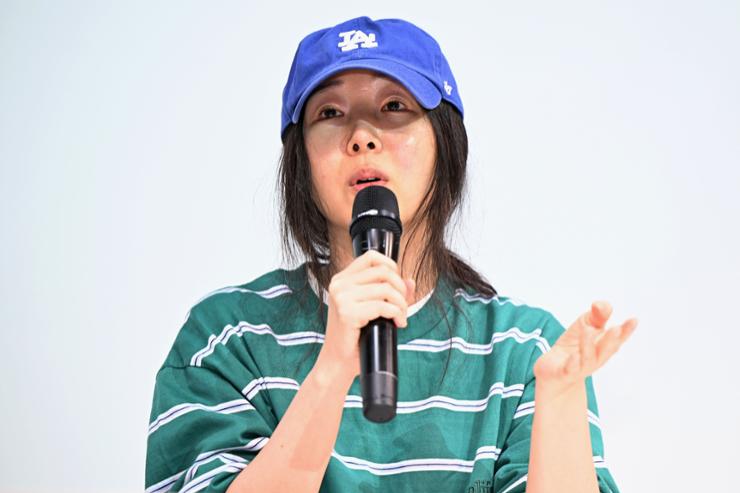
Choreography Copyrights: A Rare Recognition
While the global popularity of K-pop has soared, recognition for choreographers remains minimal.
In one notable instance this year, Kang Won-rae of the duo Clon was officially credited for creating the dance routine for “Kungddari Shabahrah,” featured in a KB Financial Group advertisement. This recognition marked a rare win for choreographers in Korea.
Historically, choreographers have struggled to assert their rights. A survey by the Korea Choreography Copyright Association (KCCA) revealed that only 2.2% of choreographers have registered their works with the Korea Copyright Commission.
Challenges in Copyright Protection
Experts point to two primary hurdles in choreography copyright:
- Low Awareness: Many choreographers and agencies remain unaware of the legal protections available.
- Proving Ownership: Establishing the rightful creator of a dance routine can be challenging.
To address these issues, the Ministry of Culture, Sports and Tourism, along with the Korea Copyright Commission, has proposed measures such as:
- Improving choreography registration systems.
- Establishing fair contractual standards.
- Forming a collective management group for choreography copyrights.
Balancing Rights and Creativity
However, not all stakeholders agree on stricter copyright enforcement. Critics warn that excessive regulation could stifle creativity, especially for K-pop cover dances and viral choreography challenges.
Kim In-chul, a professor at Sangmyung University, emphasized the importance of balance, stating, “Finding the right equilibrium between user rights and copyright holder rights is crucial.”
The Industry’s Next Steps
The NewJeans-ILLIT controversy has fueled discussions within the K-pop industry.
Associations like the KCCA have been formed to advocate for choreographers, while the culture ministry plans to release a standard contract early next year to address unfair practices.
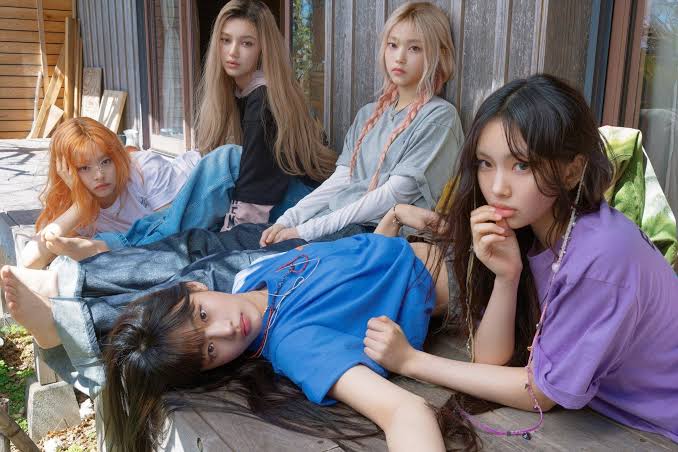
Renowned choreographer Lia Kim, the first president of the KCCA, highlighted the importance of education and legal protections. She believes that standard contracts could pave the way for fairer agreements between choreographers and agencies.
As K-pop continues to grow on a global scale, addressing choreography copyright issues is becoming increasingly important. The NewJeans-ILLIT dispute serves as a wake-up call for the industry to prioritize creative rights while maintaining accessibility for fans.
With new standards and regulations on the horizon, 2025 could mark a turning point for choreographers in K-pop.




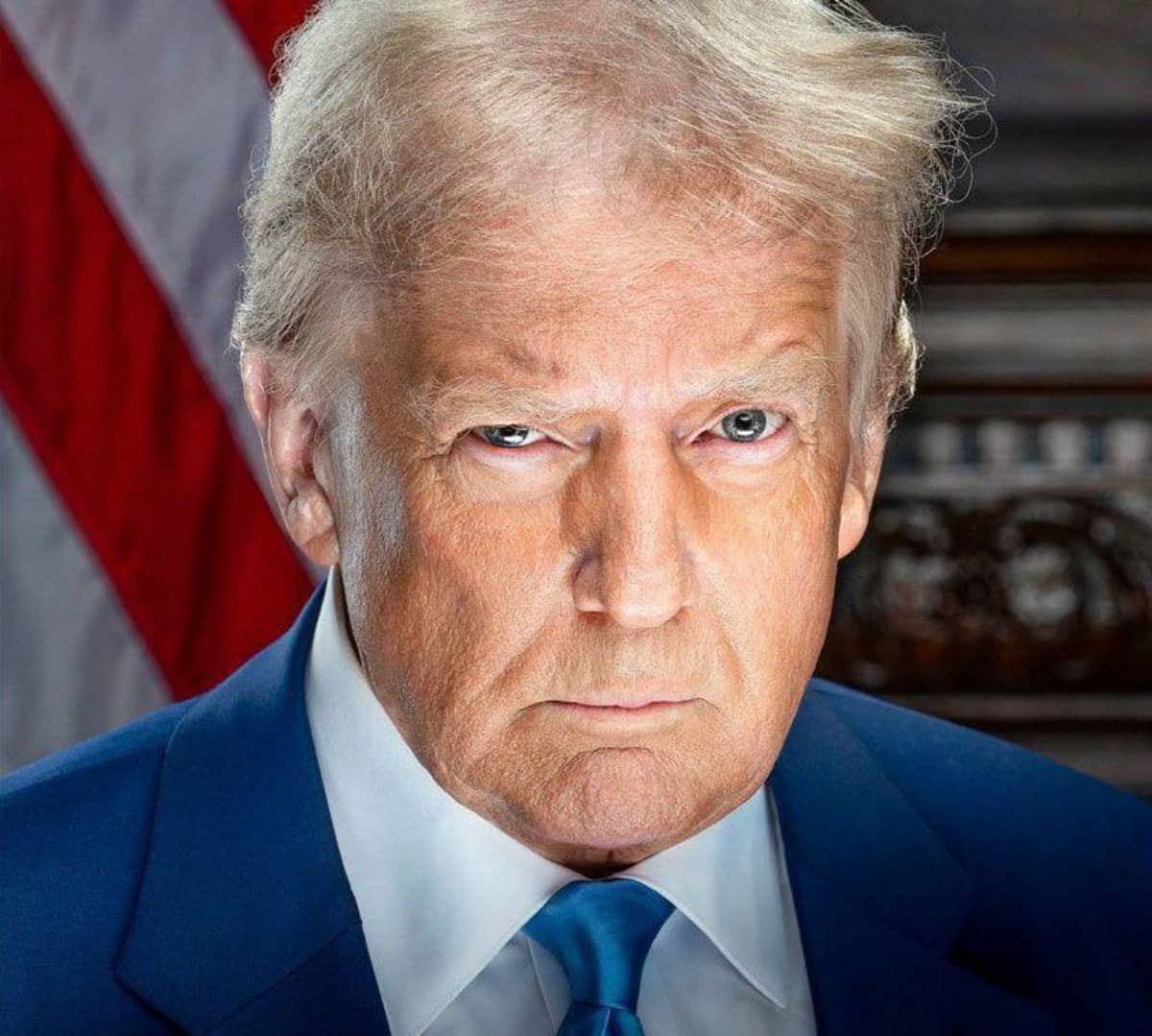




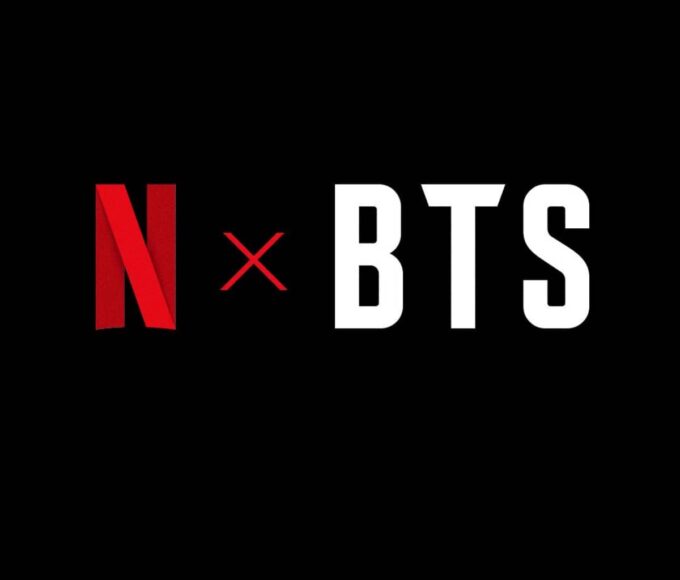
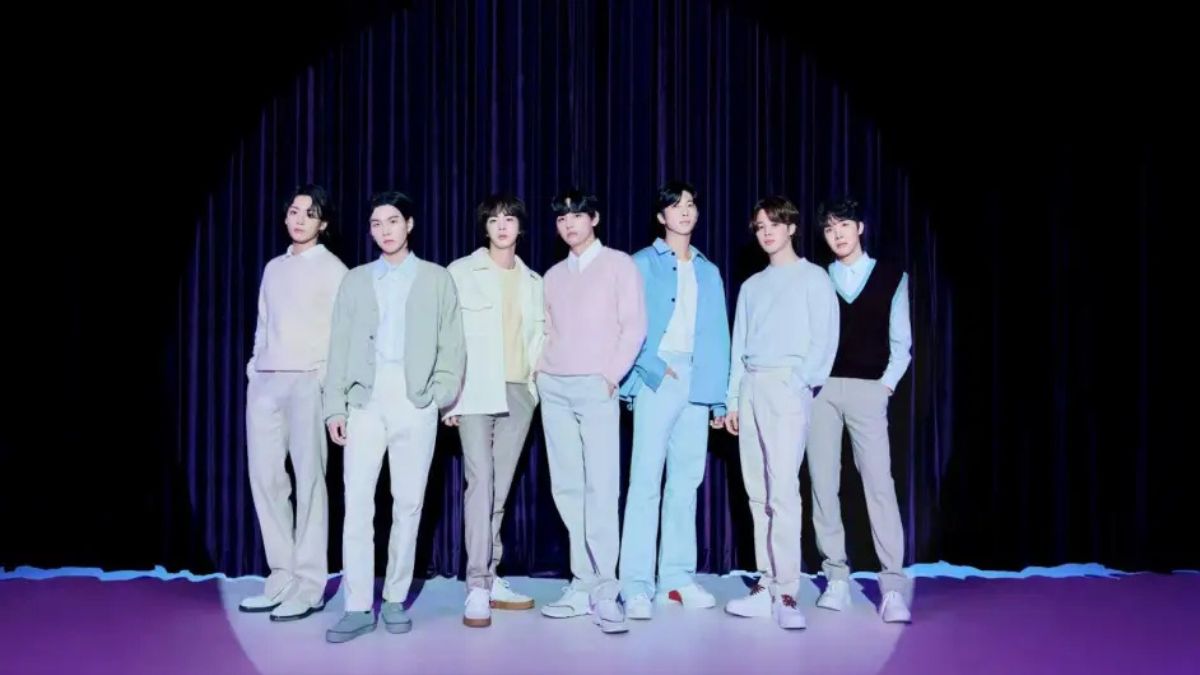
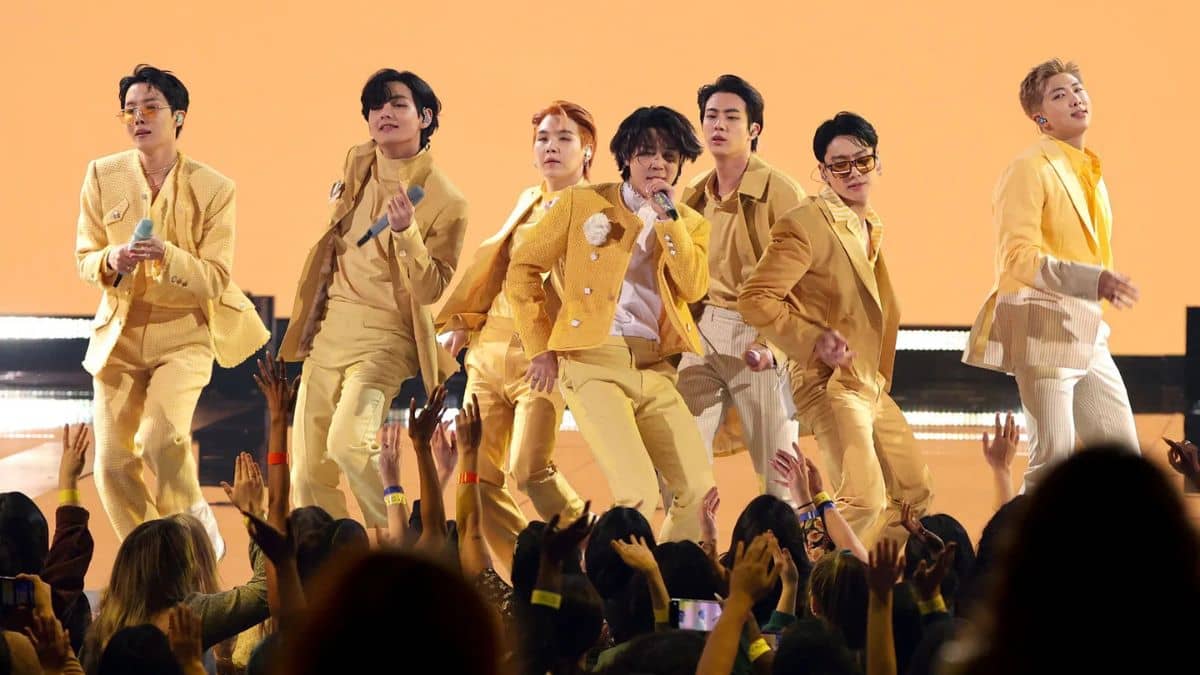
Leave a comment